How to Calm Coronavirus Fear with Flowers and Common Scents
By Jill Brooke
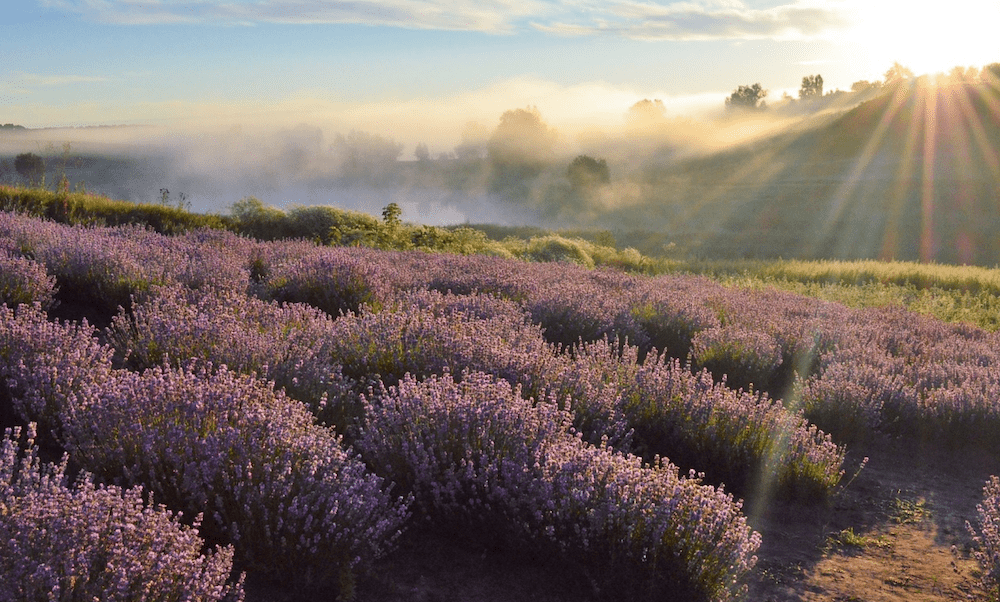
Okay, flower lovers. Let’s focus on our ability to be resilient, adaptive and patient as we face the impact of the Coronavirus.
After all, any gardener knows that in nature there is often the unexpected but we find solutions to create growth and beauty.
While it is likely that our lives will require a temporary adjustment, we can make it more enjoyable and not give in to fear. We need to think about what we have – and not what we don’t.
The reality is that we may have to be home more – but let’s look at that as an opportunity.
Recommended: 7 Easy Flowers to Plant in Spring for Bright Summer Blooms
Rita Hayes, who is a New York-based clinical psychologist, worries that people are launching into catastrophic thinking.
“The body needs time to make the adjustments that everyone must make but our brains go to a fight, flight and freeze threat response to this information,” she says.
As Dr. Robi Ludwig explains, “fear is the survival kit of our brains. We inherited it from our hunter-gatherer ancestors.”
However, as these experts say, we need to regulate our nervous systems and stay grounded and calm.
Of course, that’s easier said than done but we at Flower Power Daily have these suggestions.
Here are Five Floral Remedies to Manage Coronavirus Adjustments
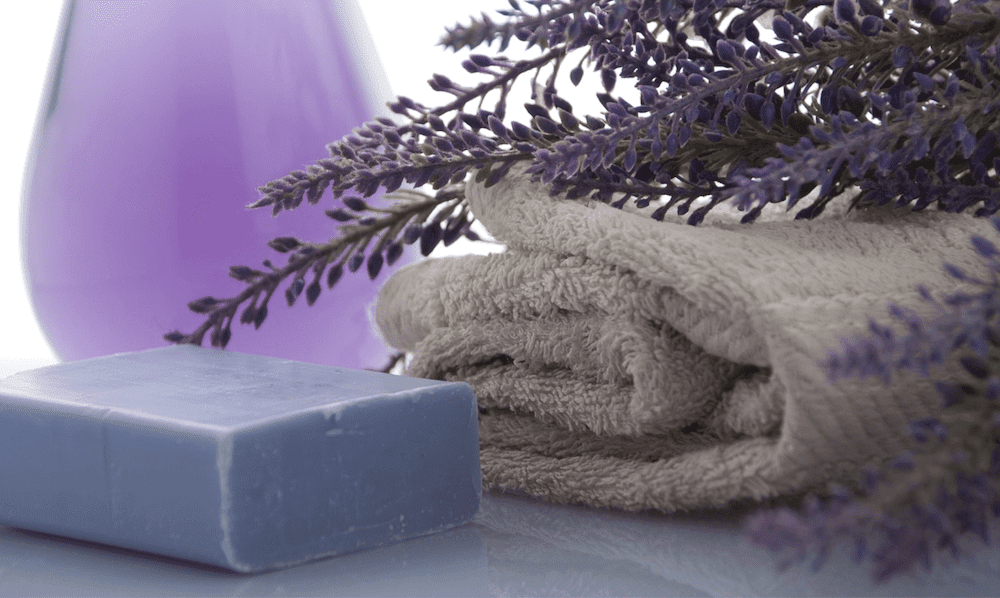
1. Use More Lavender Products
In a scientific study, published in October of 2018, Dr. Hideki Kashiwadani at Kagoshima University and a team of researchers found links between the effects of smelling lavender and taking medications like Valium.
Linalool, one of the terpene alcohols in lavender extracts, turns out to have anti-anxiety effects, what scientists call “anxiolytic.” The root “anxi” can be recognized from “anxiety” and “lytic” is a medical term for “loosening” or “destroying.”
Recommended: Flowers Have Same Healing Effect as Valium, Study Says
Smelling lavender flows through our olfactory system resulting in a calming effect.
The scientific study discovered that mice – which were used – had the same results sniffing lavender extract as taking a Valium derivative, but without motor impairment that can be a drug side effect.
So stock up on lavender products for its calming effects. Spray your pillows. Light a candle. Use creams with this calming scent. When you feel stressed, just take a whiff of a scent that gives pleasure.
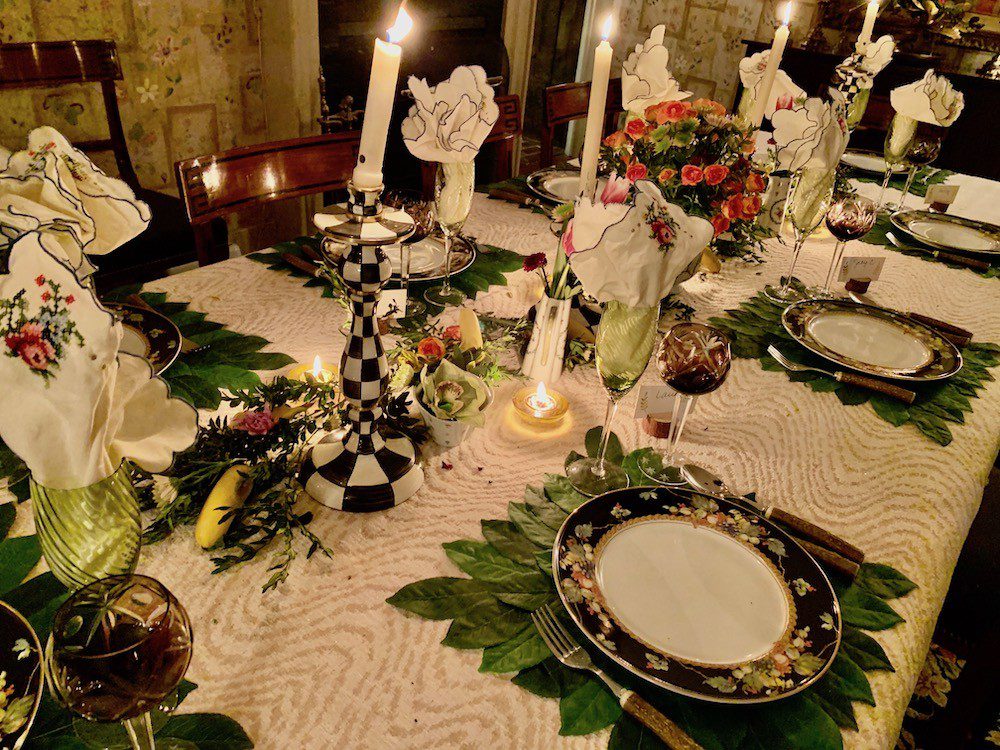
2. To Combat Cabin Fever, Make Each Meal Special with Pretty Table Settings
As CNN’s Dr. Sanjay Gupta said, this is a time for self-distancing vs. self-isolation.
We are going to be staying closer to home. So make the experience as festive as can be!
Gather your pretty dishes, napkins and glasses and some flowers. At the Philadelphia Flower Show, a florist used lemons and oranges as a motif with ranunculus and branches to create a gorgeous result. I like the use of lemons in particular in design. After all, they also are a great cleanser and smell great.
Think of alternating your napkins, glasses and plates. It spices things up from a decor perspective. It makes each meal feel more special and unique. Furthermore, a well-dressed table makes the food taste better.
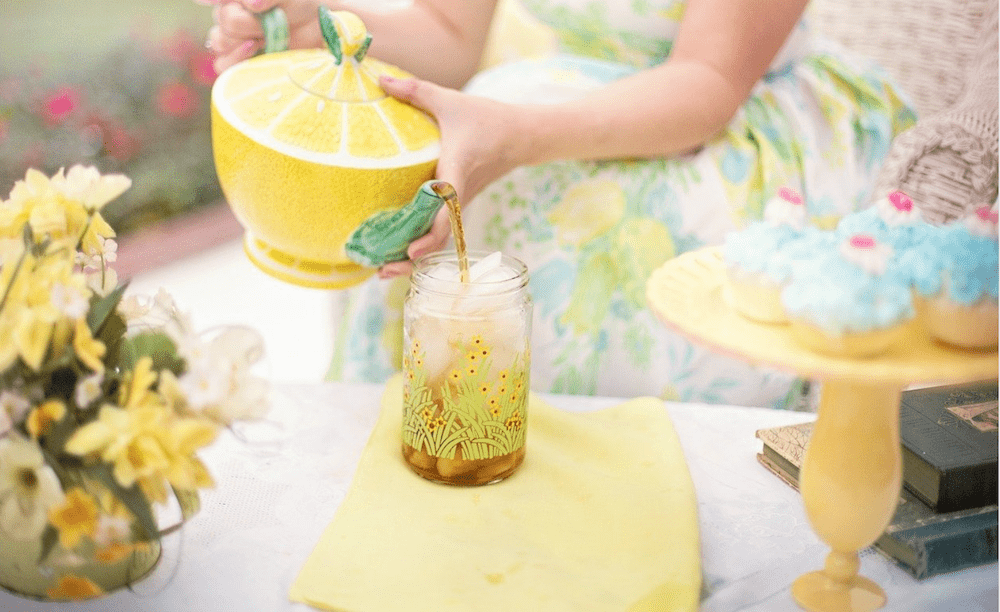
And also consider making food with floral ingredients for both flavor and visual effects. Baking and cooking are wonderful skills to learn and do while at home. Have a tea party with the kids. Think of recipes you always wanted to make but didn’t have the time to do.
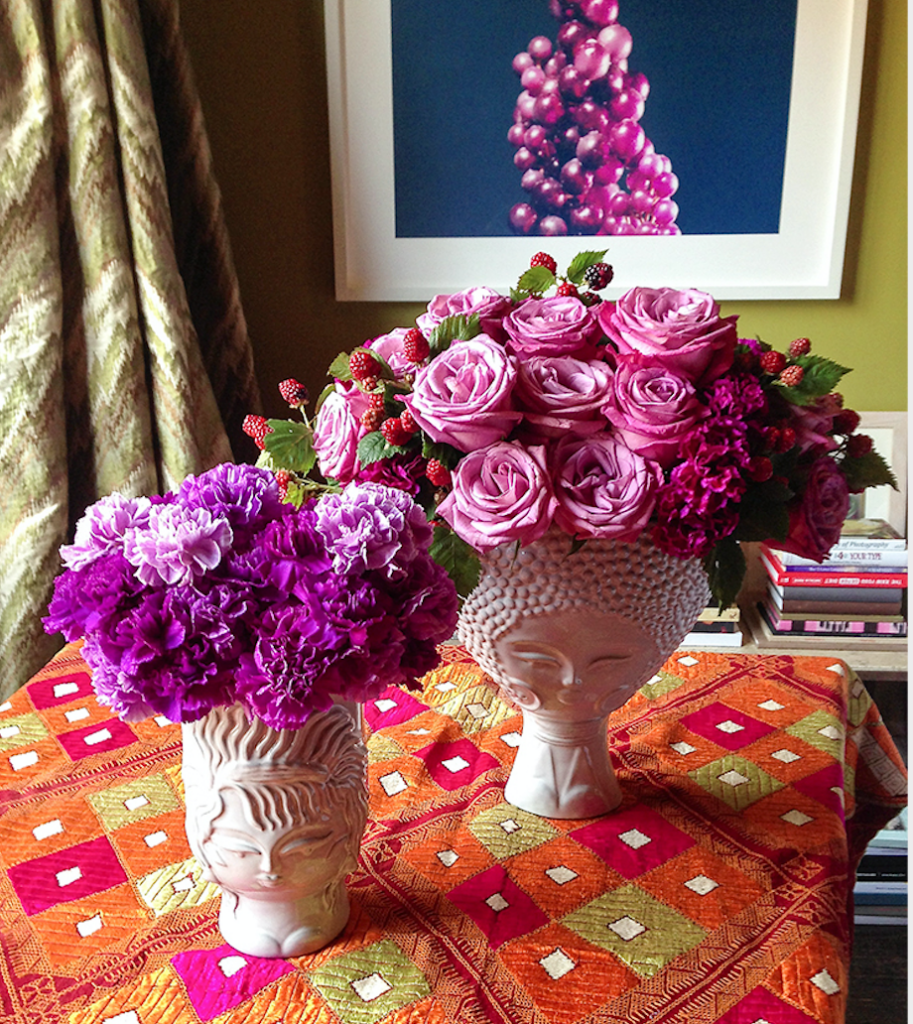
3. Invest in Flowers to Cheer You Up
Live flowers have magical powers to elevate the spirits and remind us about the cycles of life. Even in Australia after devastating fires, the image of a flower growing served as a symbol for hope and resilience. As we say at Flower Power Daily, flowers are a universal kiss to remind us that solace and beauty exist. Here are a variety of flowers you may want around you, whether in vases or in decor.
Recommended: 10 Annuals for a Garden That Blooms with Color All Summer
Bring out some daffodils which are the trumpets of spring and possibility. Flowers have ancient histories. These are known as cheerful flowers.
The lotus is a resilient symbol in Indian and Chinese culture. It is able to bloom in muddy waters. As one writer noted, ‘the lotus grows and matures into a flower and doesn’t look back and despair at its surroundings or past – instead, the plant uses them to its advantage.” That’s a nice image to consider when looking at a lotus.
Anthuriums represent hospitality so look at it to remind yourself that this is an opportunity to spend more quality time with family and friends.
The alstroemeria not only will last two weeks but represents friendship as well as prosperity. Because whatever we lose financially, we may gain spiritually with our friends, family and community.
Try to get some asters, a symbol of patience, which will also be needed during this adjustment period.
Also, consider fragrant flowers. Lilacs, roses and hyacinth have glorious scents and bring the outside inside. Science also proves that scents can impact and uplift your mood.
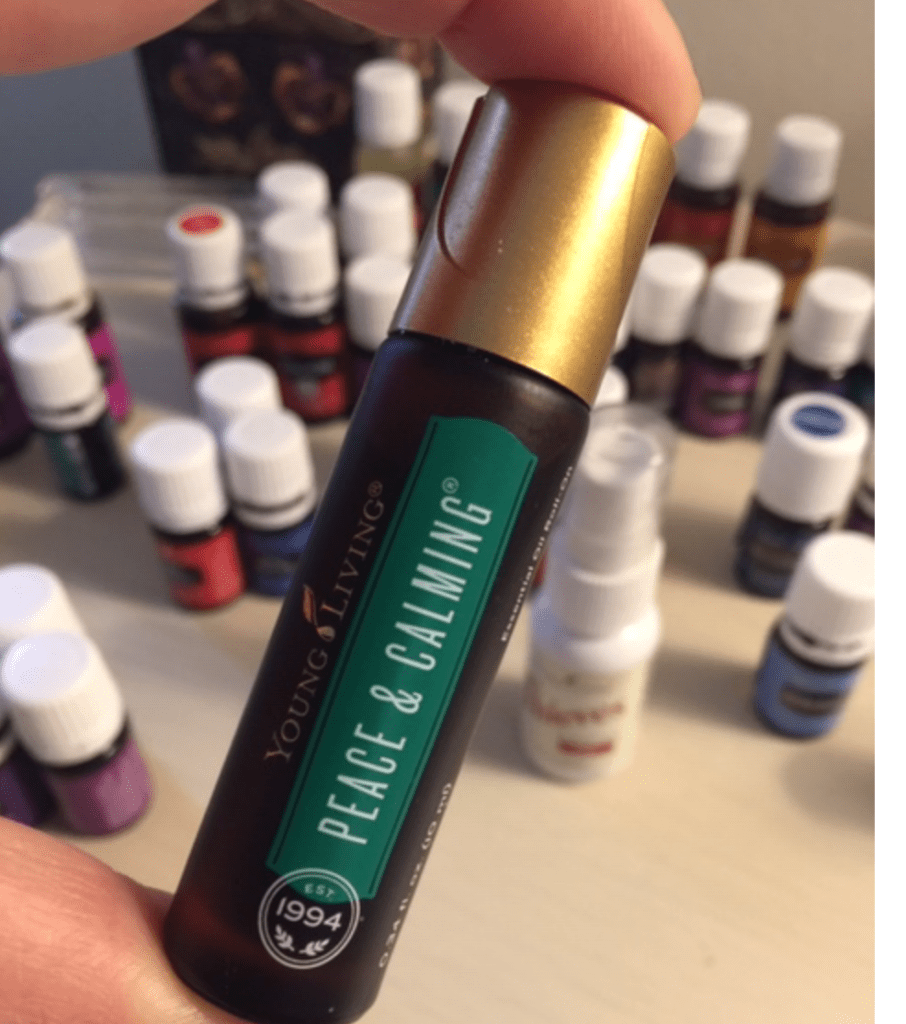
4. Make Your Own Natural Purifiers
There are many to choose from. But here is an easy basic formula. Whatever you make, it should have 60% alcohol—Vodka represents 40%—and add aloe and a few drops of scented oils to make it more fragrant and relaxing. Change the floral oils and scents just to shake things up.
One recipe we found uses a 2-ounce spray bottle.
Here it is:
- 5 drops vitamin E oil
- 2 tablespoons witch hazel with aloe vera or vodka
- 5 drops lavender oil
- 5 drops orange essential oil
**After mixing the ingredients together, fill the 2 oz. spray bottle with filtered water to the top and shake again.
Marna Ringel, a florist and floral oil expert, recommends “tangerine oil which contains esters and aldehydes which are sedating and calming to the nervous system.” Other options she says are orange oil which brings a peaceful feeling while ylang-ylang brings feelings of love and confidence. Patchouli reduces anxiety and Blue Tansy (the only flower that turns the oil blue when distilled) calms the lymphatic system. She also recommends getting oregano oil—and even teas—since it is anti-viral.
Nature provides many options. The trick is realizing your intention. Using these oils means you are taking care of yourself. You can also put them into the bathtub too for a relaxing soak.
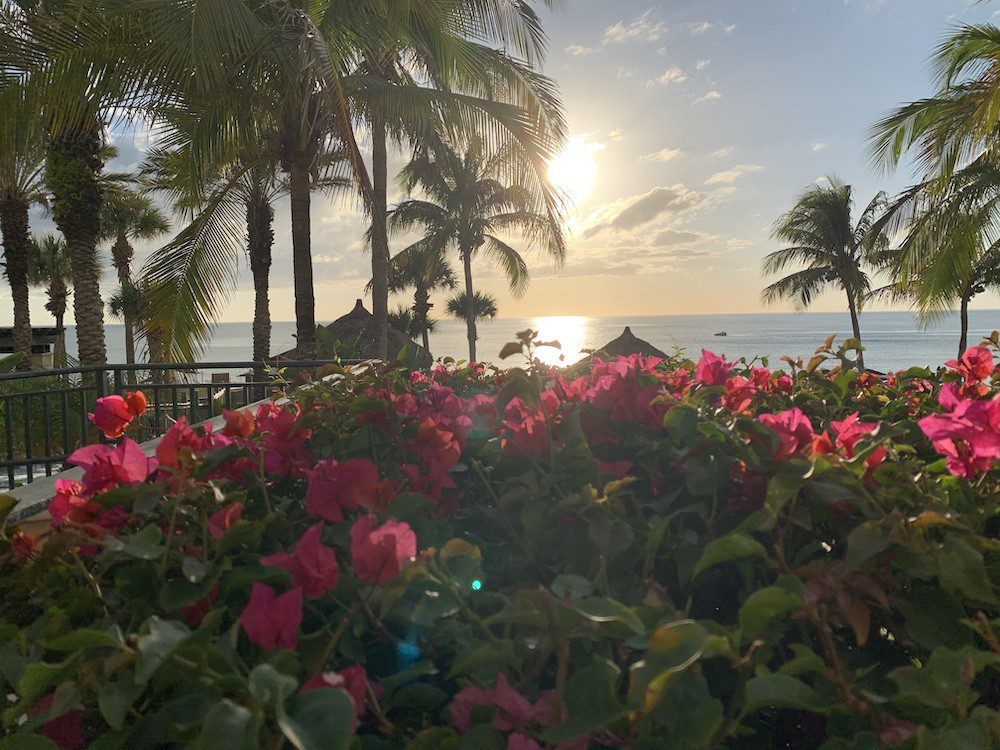
5. Stop and Look at Nature Around You. It’s Time to Smell the Roses
The Coronavirus is forcing the world to press the pause button. For so long we have been moving at an accelerated pace. “Get to know your environment,” suggests Myles Brown, a manager at Perennial Gardens. “Notice how often the birds come outside. Start thinking of what you may want to plant.” In fact, now is a good time to consider planting seeds of possibility – not only in your life with this reflective time – but a garden. You can plant flowers, herbs or food. Look at catalogs. Read books that interest you. Create window boxes. Go outside and spend time in nature.
Maybe now is the time to paint?
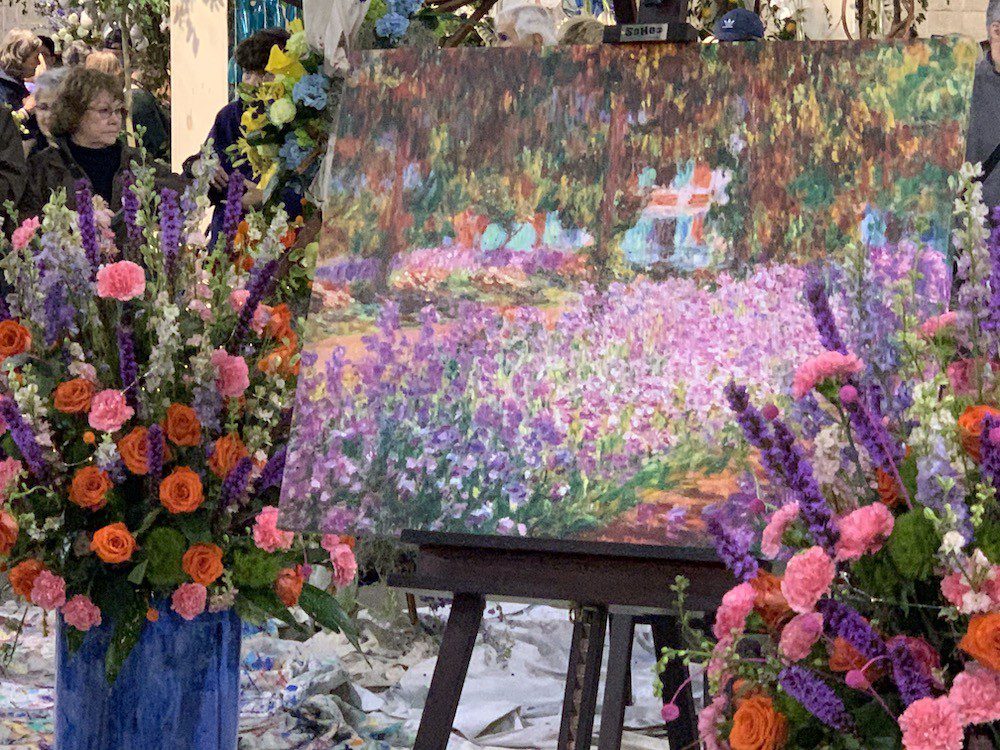
Contemplate places you want to travel to that maybe you haven’t visited. Look at postcards and create flower arrangements based on those postcards as a creative project. Match arrangements to your existing art. This is a good time for art projects as well as gardening adventures.
Enjoy nature and realize that the trees and flowers have endured many human challenges over the centuries but still survive and thrive. Smell the roses. They are always there as sources of beauty and to give lessons on life.
As we say at Flower Power Daily, Petal On!
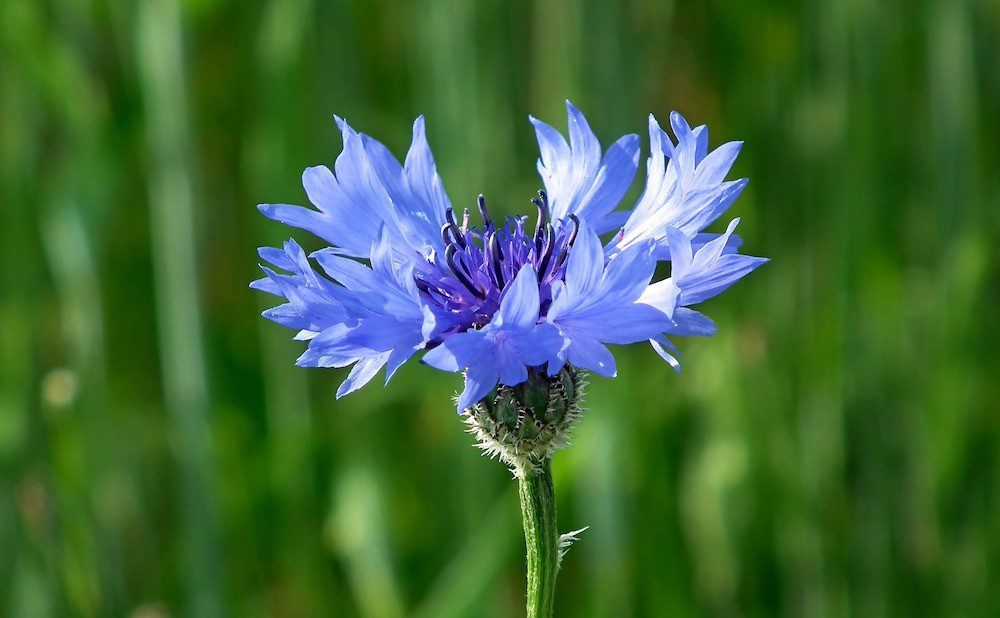
Jill Brooke is a former CNN correspondent, Post columnist and editor-in-chief of Avenue and Travel Savvy magazine. She is an author and the editorial director of FPD.
Photo Credit: Pixabay, Flower Power Daily, Jeff Peterson for rose landscape
